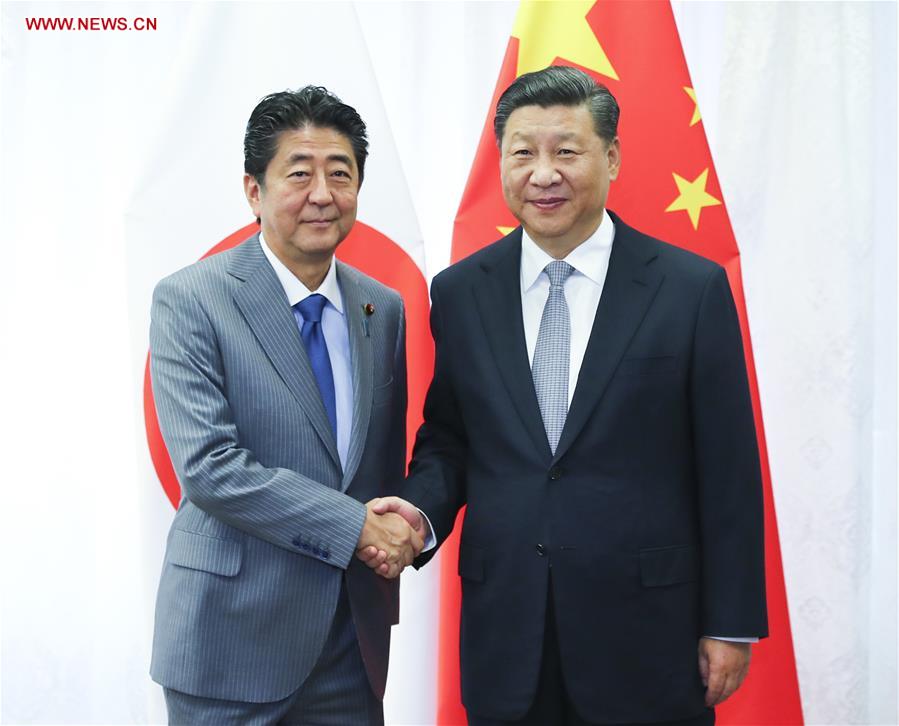
Stephen Nagy, Professor, Department of Politics and International Studies at the International Christian University
Nov 06, 2018
Security concerns will remain a barrier to Beijing-Tokyo rapprochement.
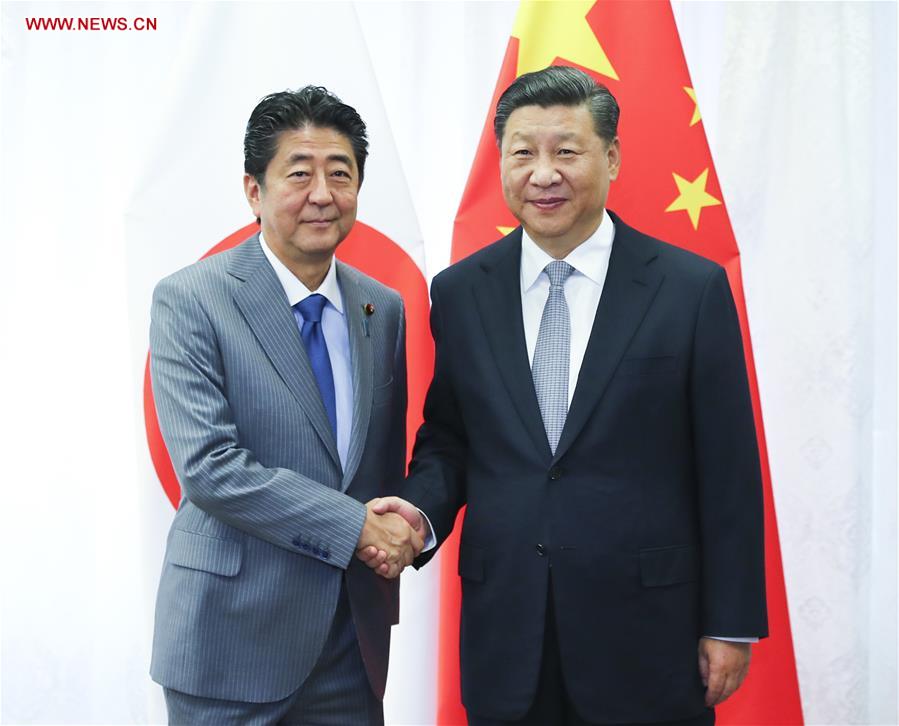
Liu Junhong, Researcher, Chinese Institute of Contemporary Int'l Relations
Nov 05, 2018
China and Japan will work for common peace and prosperity in the new era.
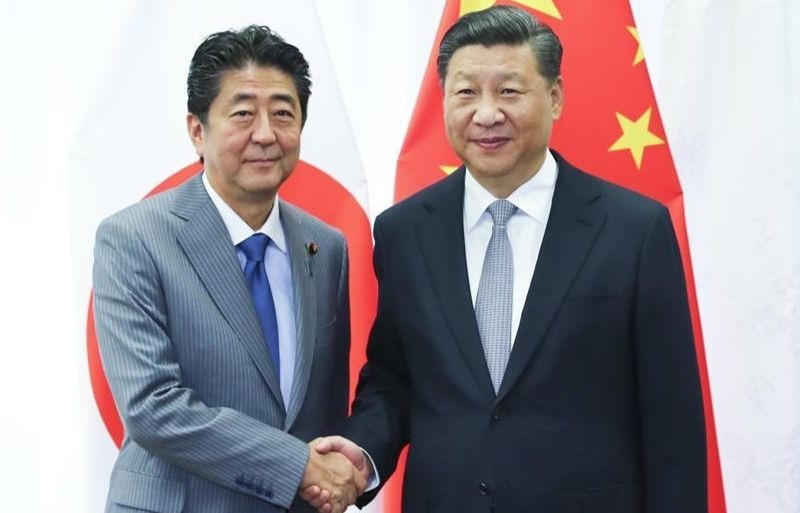
Philip Cunningham, Independent Scholar
Nov 01, 2018
Abe’s dash to Beijing had a faint air of desperation about it, akin to flirting with someone you have no strong intentions of getting serious with to win back the attention of the one whose undivided attention you seek.
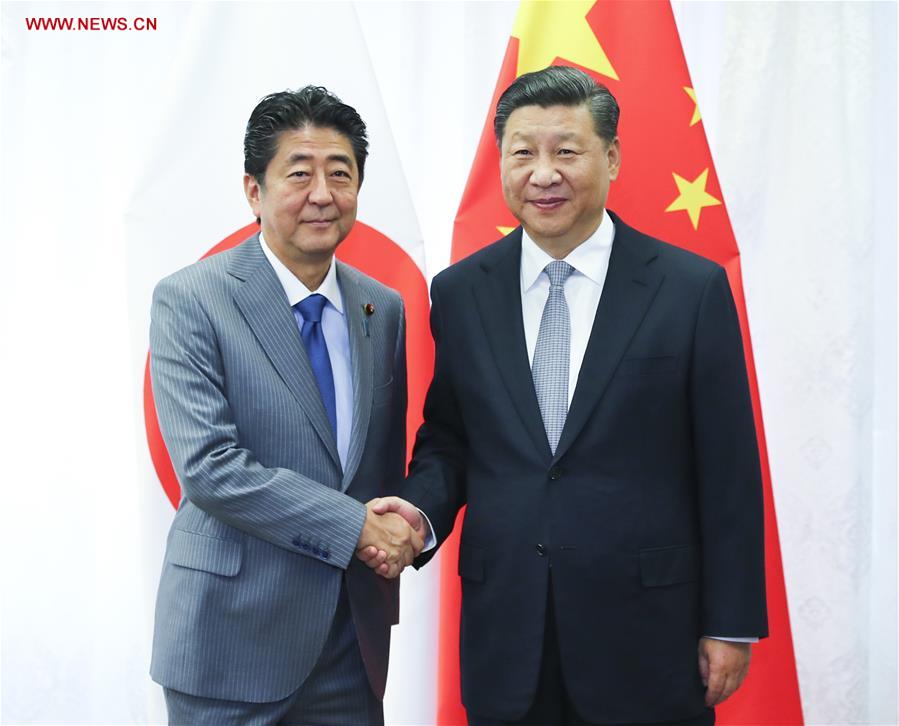
Giulio Pugliese, King’s College London, War Studies
Oct 31, 2018
Abe has just concluded a visit to China and Xi is expected to reciprocate with a state visit to Japan next year. The warmth of the summit suggests that both governments are trying to smoothen Sino-Japanese relations in the face of Trump’s trade pressure.
Oct 26, 2018
The two Asian powers signed agreements including $30 billion currency swap.
Jun 08, 2018
Move to stop accidental conflicts by air or sea is latest sign of warming relations.
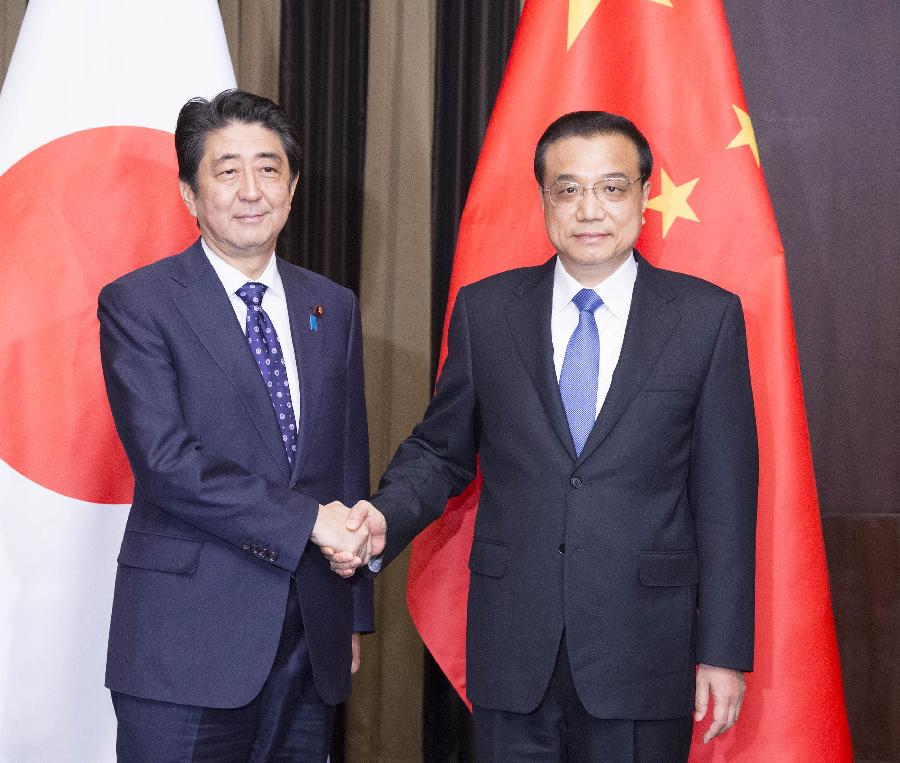
Liu Junhong, Researcher, Chinese Institute of Contemporary Int'l Relations
May 21, 2018
Li Keqiang’s visit to Japan saw a new era of China-Japan relations.

He Yafei, Former Vice Minister of Foreign Affairs
May 17, 2018
Hopefully the region will move towards peace and cooperation.
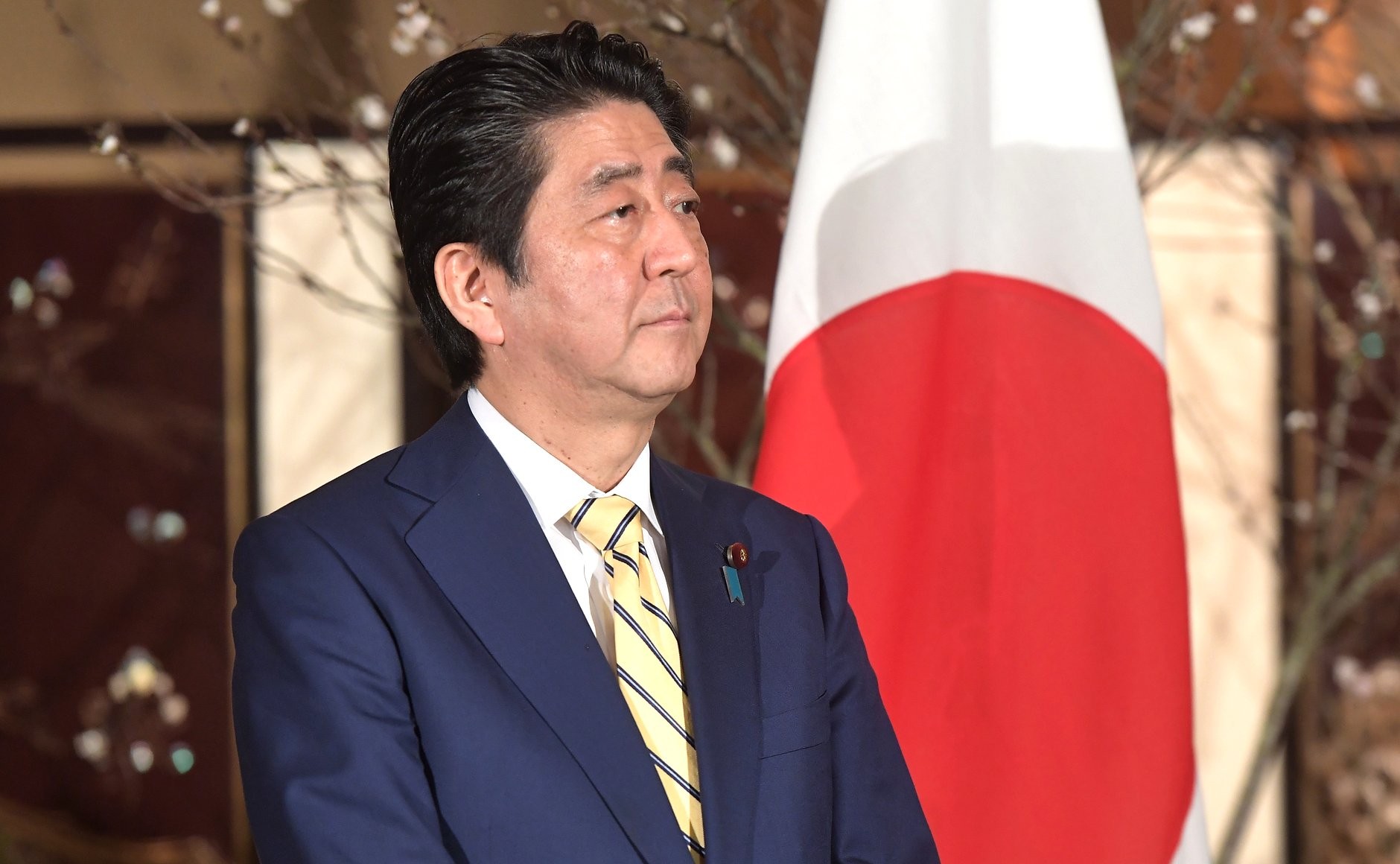
Mel Gurtov, Professor Emeritus of Political Science, Portland State University
Apr 20, 2018
Abe Shinzo, Japan’s prime minister, has now held his sixth meeting with Donald Trump. The Trump administration supports Abe’s idea of a “normal” Japan that will take on increasing military responsibilities, particularly in containing North Korea and China.
Jan 15, 2018
Japan’s defense minister criticized China on Monday for sailing an advanced stealthy nuclear submarine close to disputed islands claimed by Japan and China, saying the action had stoked tension.
Back to Top

- China-US Focus builds trust and understanding between the U.S. and China through open dialogue among thought leaders.
- Our Offerings
- Topics
- Videos
- Podcasts
- Columnists
- Research Reports
- Focus Digest
- Stay Connected
-
Thanks for signing up!
- Get the latest stories from China-US Focus weekly.